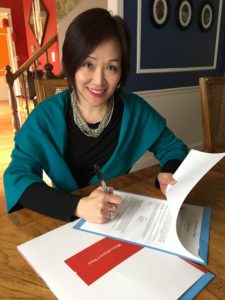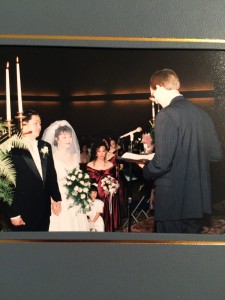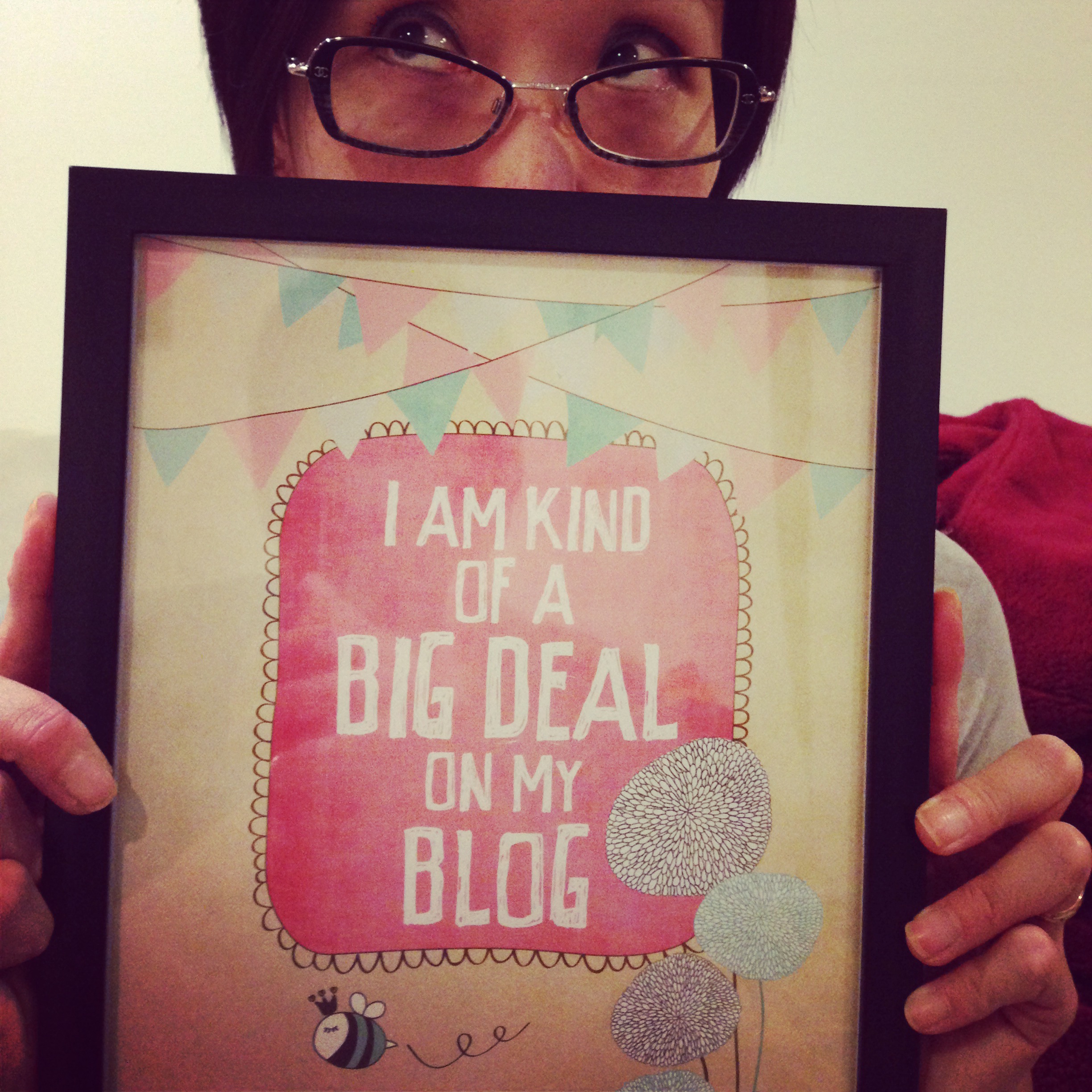There is a beautiful liturgy that has been written as part of a movement encouraging churches to all across the country this Sunday, June 21, to participate in the One Church Liturgy written by the Imago Dei Community, as A Call To Worship for the tragedy In Charleston. People have been invited to use it in their churches and I do hope hundreds of pastors will see the liturgy and be moved to change their original plans.
I also read the liturgy and felt moved to add to it because I believe that is what powerful worship does. It moves us into deeper spaces with God and with one another. We are all in different places and spaces in both our spiritual journeys and our journeys of identity. It has taken all of my 45 years to embrace the intersectionality of being Korean, American, female, evangelical. In many spaces, those four identities do not belong together. When you add the layers of personality, skills, talent, and calling…well, let’s just say there are very few spaces that will claim me. When I read the original One Church Liturgy, my fingers spoke my heart because too often women like me, Korean/Asian American women who love Jesus have been told to be quiet.
Kathy, shhh.
So, I added to the original liturgy the names and words that came out and could not be silenced in my heart. This isn’t a better version. It is another version. It is one voice of many, and I believe that is part of the beauty and power and truth of the Christian faith. The Triune God – Father, Son, and Holy Spirit, in unity and yet distinct. Three in one. It is the mystery and the beauty.
My friend Misuzu was the one who encouraged this exercise because she had her own personal movement to action as a result of the One Church Liturgy. I am grateful for her nudging and her words. They are sharp, and they need to be. She and I cannot worship this Sunday without naming the sin that has pushed us to this point. #Charleston wasn’t an act of violence against Christians. It was an act of terrorism against our black sisters and brothers. It was racism in the only way it exists – in violence.
Don’t be afraid to name it, even if it is in a whisper.
Racism.
Do not give the word the power that only belongs to God.
ANOTHER VOICE LITURGY
[Leader]
We stand before you today, oh Lord
Hearts broken, eyes weeping, heads spinning
Our black sisters and brothers have died
They gathered and prayed and then were no more
The prayer soaked walls of the church are spattered with blood
They welcomed the stranger and their neighbor with no questions asked
And yet he is enemy at the table, the face of racism, and he turned on them in violence
While they were turning to you in prayer
[All]
We stand with our sisters
We stand with our brothers
We stand with their families
We stand with Suzy Jackson,
Rev. Daniel Simmons,
Ethel Lee Lance,
Myra Thompson,
Cynthia Hurd,
Rev. De’Payne Middleton-Doctor,
Rev. Sharonda Coleman-Singleton,
Rev. Clementa Pinckney, and
TyWanza Sanders
We stand to bear their burden in Jesus’ name
[Leader]
We cry out to you, oh Lord
Our hearts breaking, eyes weeping, heads spinning
The sin of racism is entrenched and entwined in the history of the American church
The sin of American exceptionalism has tainted the church in America
The sin of stealing a land that belonged to another has been written into our history and into our souls
The violence in our street, the violence we export has come into your house
The hatred in our cities and in our own hearts has crept into your sanctuary
The brokenness in our lives has broken into your temple
The dividing wall of racism has crushed our brothers and sisters
We have allowed racism to change your Son into a blue-eyed, blonde man who helps win sports championships and protects America
Our silence, our apathy, our comfort has been complicit in this evil
We cry out to you, May your Kingdom come, may it be on earth as it is in heaven
[All]
We cry out for our sisters
We cry out for our brothers
We cry out for their families
We stand with Suzy Jackson,
Rev. Daniel Simmons,
Ethel Lee Lance,
Myra Thompson,
Cynthia Hurd,
Rev. De’Payne Middleton-Doctor,
Rev. Sharonda Coleman-Singleton,
Rev. Clementa Pinckney, and
TyWanza Sanders
We cry out for peace in Jesus’ name
[Leader]
We pray to you today, oh Lord
Our hearts breaking, eyes weeping, souls stirring
We pray for our enemies who often are our friends and families
We pray for those who remain blind to the sin of institutionalized racism and who persecute those who speak out against this sin
We pray to the God in whose image we all were created that we all would see the beauty in black, brown, yellow, and red faces
We pray to the God creator, who saw we were all very good, that we could see that truth in one another
We pray that you would transform our hearts and behavior to do justice, love mercy, and walk humbly with you
We pray to the God of all Comfort to comfort our black brothers and sisters in their mourning
We pray that you would bestow on them a crown of beauty and protection instead of ashes and scorn
We pray that you in time would give them the oil of joy instead of mourning
We pray that you would give them a garment of praise in place of a spirit of despair
[All]
We pray for our sisters
We pray for our brothers
We pray for their families
We stand with Suzy Jackson,
Rev. Daniel Simmons,
Ethel Lee Lance,
Myra Thompson,
Cynthia Hurd,
Rev. De’Payne Middleton-Doctor,
Rev. Sharonda Coleman-Singleton,
Rev. Clementa Pinckney, and
TyWanza Sanders
We pray for their comfort in Jesus’ name
[Leader]
We declare together, oh Lord
With hearts breaking, eyes weeping and souls stirring
We will continue to stand and cry and weep with our brothers and sisters
We will continue to learn about the evil that has found shelter in our country, in our churches, and in our families
We will continue to make a place of peace for even the enemies at our table
We will continue to open our doors and our hearts to those who enter them
We will continue to seek to forgive as we have been forgiven
We will seek to learn and listen as we have for too long been the experts while being the perpetrators
We will continue to love in Jesus’ name because you taught us that love conquers all
[All]
We declare our love for you, our Sisters
We declare our love for you, our Brothers
We declare our love for you, their families
We declare our love for you
We stand with Suzy Jackson,
Rev. Daniel Simmons,
Ethel Lee Lance,
Myra Thompson,
Cynthia Hurd,
Rev. De’Payne Middleton-Doctor,
Rev. Sharonda Coleman-Singleton,
Rev. Clementa Pinckney, and
TyWanza Sanders
We declare our love as one body, one Lord, one faith, one baptism
We declare they do not grieve alone today



